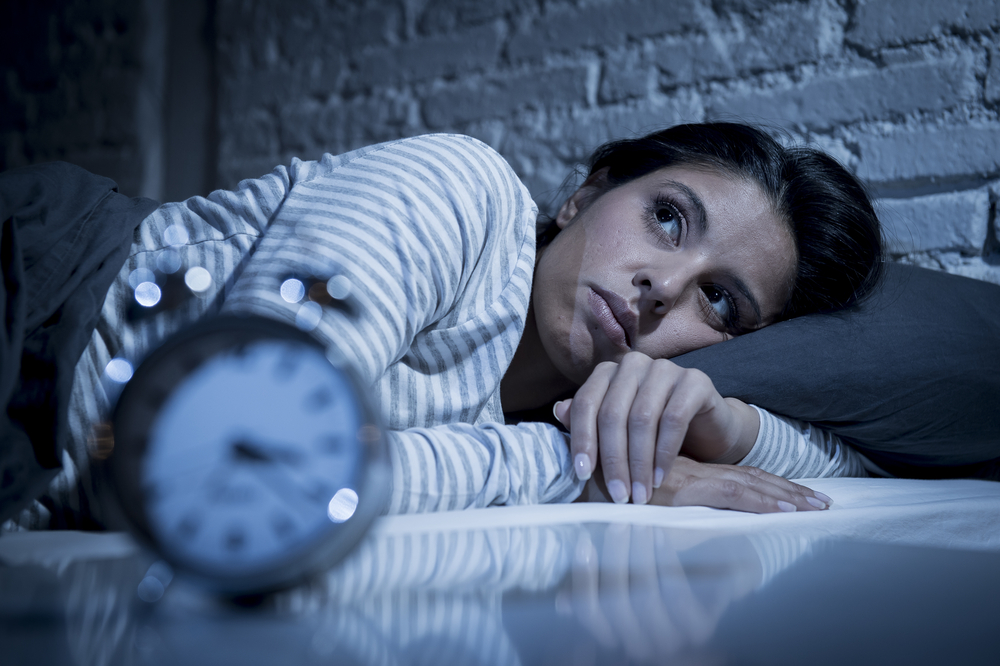
Why You Shouldn’t Take Medication to Solve Sleep Problems
Health Effects of Long-Term Sleeping Pill Use
Many people experience sleep problems at various times throughout their life. Insomnia, which can be trouble falling asleep, staying asleep, or both, can happen short-term or long-term. Chronic insomnia lasts for at least three months and happens at least three times a week.
Turning to a sleeping medicine may seem like the best course of action to treat sleep problems, but some sleep medicines are habit-forming or have unpleasant side effects. Let’s explore issues related to sleep problems and why you might want to rethink a sleeping pill.
What causes sleep problems?
There are many different reasons why people have sleep problems. Sometimes a chronic health problem can contribute to sleep problems. If you have any of the following, you might experience sleep problems:
- Chronic obstructive pulmonary disease (COPD)
- Restless leg syndrome (RLS)
- Sleep apnea
- Overactive thyroid
- Gastrointestinal reflux disease (GERD)
- Chronic pain
Other times mental health can impact sleep. You might have a sleep problem if you have:
- Depression
- Anxiety
- Bipolar disorder
- Schizophrenia
But often, sleep can be impacted short-term by common causes like:
- Shift work or jet lag, changes that affect your body’s internal clock
- Room temperature, noise, or comfort
- Being a caregiver for someone else
- Not getting enough exercise
- Night terrors or bad dreams
- Alcohol or drug use
Effects of sleeping medicines
Lack of sleep can affect your daily life and how you feel. It might be tempting to treat sleep problems by taking medication. While this can help sleep problems in the short term, sleeping medication has potential side effects. Effects of sleeping medicines may include:
- Side effects
- Unusual behaviors include sleepwalking, talking, eating, bedwetting, and sleep-driving.
- Allergic reactions
- Dependency or addiction
The longer you take a sleeping medicine, the more likely you are to experience a side effect or develop a dependence on the medication. Also, some people are more likely to have issues related to sleep medicines. Be extra careful if you have any of these:
- Lung or breathing problems like COPD
- Kidney disease
- Pregnancy or breastfeeding
- Older age
- Are taking other medications
Additionally, some people experience a “hangover” sensation the day after taking sleeping medication. Sometimes driving, work performance, and social relationships are negatively affected.
When you become dependent on sleeping medicines, a cycle of anxiety or worry about falling asleep may begin. Some people will need to take increasing doses of medicine to get the same effect. But the more medication you take, the higher the risk that you could stop breathing during sleep, leading to death. Even over-the-counter sleep medicines have risks like this.
What can you do instead of taking a sleeping pill?
Instead of relying on medication to treat sleep problems treating the underlying cause of insomnia is the best way to relieve sleeping problems.
Here are some tips you can try at home to treat sleeping problems without taking medication.
- Improve your sleeping habits. Establishing good bedtime routines lets your mind and body know when it’s time for sleep. Try to keep the times you go to bed and get up consistent. Avoid screen time before bed and keep your phone outside the bedroom. Keep your room at a comfortable temperature, and use blackout curtains to keep your room dark. A routine that includes things like winding down before bed with a bath help establish good bedtime habits.
- Improve your dietary habits. Avoid going to be hungry; eat a snack before bed, but avoid eating a heavy meal for at least two to three hours before bed. Limit caffeine and alcohol intake, especially in the evening. Eat a healthy, well-balanced diet to improve overall health.
- Address other health issues. If you suffer from GERD, try elevating the head of your bed or using extra pillows. Talk to your healthcare provider about things like pain or chronic cough that may interfere with your sleep.
- Practice efforts to increase your well-being and relaxation. Exercise regularly, but avoid vigorous activity for a least four hours before bedtime. Try breathing and relaxation exercises, especially before bed. Activities like reading or listening to relaxing music can help you fall asleep. Avoid taking naps during the day even if you feel sleepy. Talk to your healthcare provider about treatment for conditions like anxiety that interfere with sleep.

